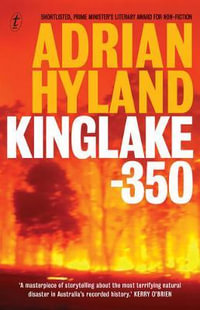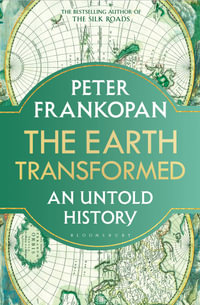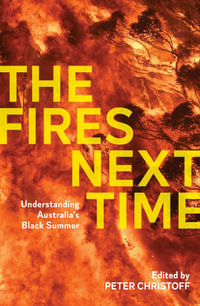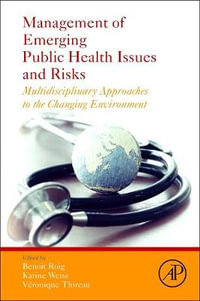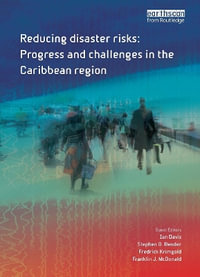An inspiring story of the epic 2008 floods--
and one devastated community's will to rebuild Every year, flooding wreaks havoc across much of the Midwest. But the floods of 2008 were on a scale unlike anything seen in generations. From Minnesota to Missouri, Illinois to Iowa, the "Thousand Year Floods" of 2008--as some climatologists called them--caused tens of billions of dollars of damage. The human stories associated with this epic event that affected the Mississippi River and its tributaries are riveting. "The 1,000-Year Flood" is a powerful tale of heroism, of heart-wrenching loss, and of hope. Looking at the epic events of the summer of 2008--and, in particular, at the devastated city of Cedar Rapids, Iowa, and its will to rebuild--Stephen Lyons weaves a compelling and inspiring narrative set against the backdrop of a millennium of natural disasters in the region. He asks: What does the flooding mean for residents who face it year after year? Are the affected areas ignored because they're fly-over states?
Industry Reviews
"The strength of this book is its narrative, which preserves the voices of the people directly involved in the floods and their immediate aftermath. Centering the volume are the personal interviews (Lyons) conducted with a wide range of subjects, from residents to community leaders...a quick and easy red that underscores the human impact of natual disaster." - The Annals of IowaTreading WaterCHUCK LEDDY, Special to the Star TribuneWhen the Mississippi River crested 30 feet above its banks in June 2008, tens of thousands of Midwesterners lost their homes, their crops and all their possessions; eventually, the disaster would cost the region tens of billions in damages and trigger incalculable psychological trauma. The Midwest flood was especially hard on Cedar Rapids, Iowa, where journalist Stephen Lyons describes a city caught between Midwestern resilience and growing frustration with the slowness of government recovery efforts.Lyons, who spent his boyhood summers in Cedar Rapids with his beloved grandparents, opens his narrative a year after the flood, observing city leaders commemorating the city's heroism, endurance and come-back spirit. The mayor of Cedar Rapids reads a letter from President Obama praising "the tremendous resilience of its people and their commitment to one another." Lyons walks around the city after these lofty speeches and sees something far different: "FEMA trailers were still scattered throughout the city. Block after block of abandoned homes ... weeds grew from cracked sidewalks."The strength of Lyons' gripping, nuanced account is that he talks to everyone, from the mayor and the city's business leaders to working-class families rendered homeless and still waiting for recovery money. A full year after the flood, Lyons notes, only about 20 percent of the $3 billion allocated for Iowa relief efforts had been spent.Lyons discovers a widespread disconnect between the boosterism of city leaders and the distressed everyday lives of flood victims: "Public relations had trumped reality," Lyons writes. "And the disconnect ... would only worsen." Lyons also recounts widespread acts of selflessness, such as the efforts of out-of-town cleanup volunteers like Robb Osborne, who asks, "can you really be prepared to lose everything? These people went from living to merely surviving."Lyons is a gifted reporter who is also telling a personal story. He recounts his summers spent with his grandparents in working-class Cedar Rapids. He comes to view the loss of these blue-collar neighborhoods as especially tragic. In the end, his broad lens comes to have a clear, narrow focus: "I was taking photos [of his grandparents' old neighborhood]. ... I just began to cry. I was crying for the lost lives and homes. I was crying for the absence of children and their parents. ... I was crying for the loss of something sacred: an American neighborhood in America's Heartland. And I knew that all the money in the nation would never bring it back." Lyons may be accused of losing his journalistic objectivity here, but his wonderfully panoramic account benefits immeasurably from this dual perspective of the head and heart.Chuck Leddy is a member of the National Book Critics Circle and reviews books regularly for the Boston Globe and B&N Review.


